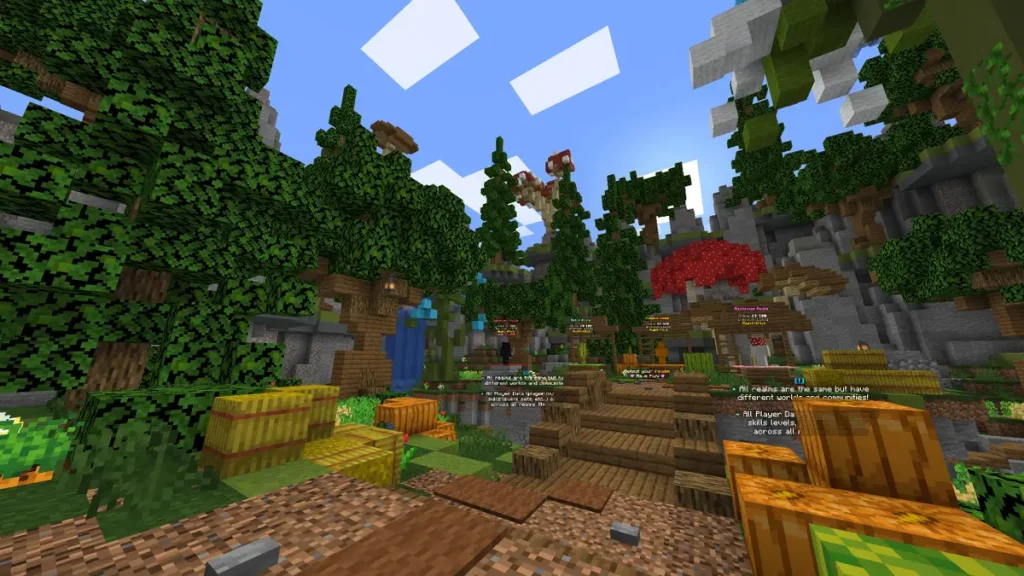PUBG is more than just a battle royale game it is a complex environment filled with diverse mechanics and hidden features. Players constantly experiment to understand weapon behaviors, map strategies, and survival techniques. One way some gamers explore these elements is through controlled use of PUBG cheats, which can reveal deeper layers of gameplay. By temporarily bypassing certain constraints, players gain opportunities to test new strategies, understand game physics, and uncover mechanics that might be difficult to notice in standard matches. This approach helps players develop sharper tactical awareness and a broader understanding of the game environment.
Understanding Weapon Dynamics
Weapon mechanics are a core part of PUBG’s gameplay. Cheats can allow players to:
- Test recoil patterns without the pressure of combat.
- Explore bullet drop and travel distances for long-range shots.
- Understand weapon switching and firing speed impacts.
By studying these mechanics in a low-risk setting, players become more familiar with which weapons suit their style and improve overall decision-making during real matches.
Exploring Map Features

Maps in PUBG contain secret spots, loot zones, and environmental challenges. Cheats can help players:
- Navigate hard-to-reach locations quickly.
- Discover hidden routes or vantage points for tactical advantage.
- Examine terrain interactions, such as movement on different surfaces or obstacles.
This exploration improves spatial awareness and helps players plan better routes in competitive games.
Testing Survival Strategies
Survival in PUBG requires a combination of positioning, resource management, and timing. Using pubg cheats, players can experiment with:
- Inventory management techniques without risk of being eliminated.
- Optimal landing points based on loot density and enemy frequency.
- Timing strategies for zone movements and encounters.
Such experiments enable a better understanding of how to maximize survival chances, which is essential for consistent gameplay improvement.
Learning Game Physics
PUBG has a detailed physics system that affects grenades, vehicles, and environmental interactions. Cheats allow players to:
- Observe vehicle handling across different terrains.
- Understand explosion radii and grenade trajectories.
- Test fall damage and jumping mechanics.
By studying physics in a controlled way, players can anticipate outcomes during real matches, making gameplay more strategic.
Encouraging Creativity and Innovation
Exploring game features through cheats often inspires innovative tactics. Players can:
- Combine unconventional routes and weapon choices.
- Experiment with team strategies that are otherwise too risky.
- Create new approaches for both solo and squad play.
This freedom of experimentation nurtures creativity, making players more adaptable and improving overall engagement with the game.
Using cheats as a tool for exploration helps players gain insights into PUBG’s mechanics, from weapons and maps to survival strategies and physics. While these methods should be applied responsibly, they open a pathway for experimentation that enhances skills, tactical thinking, and overall game understanding. By observing patterns and outcomes, players can translate these learnings into legitimate competitive strategies, ultimately enriching their PUBG experience.





